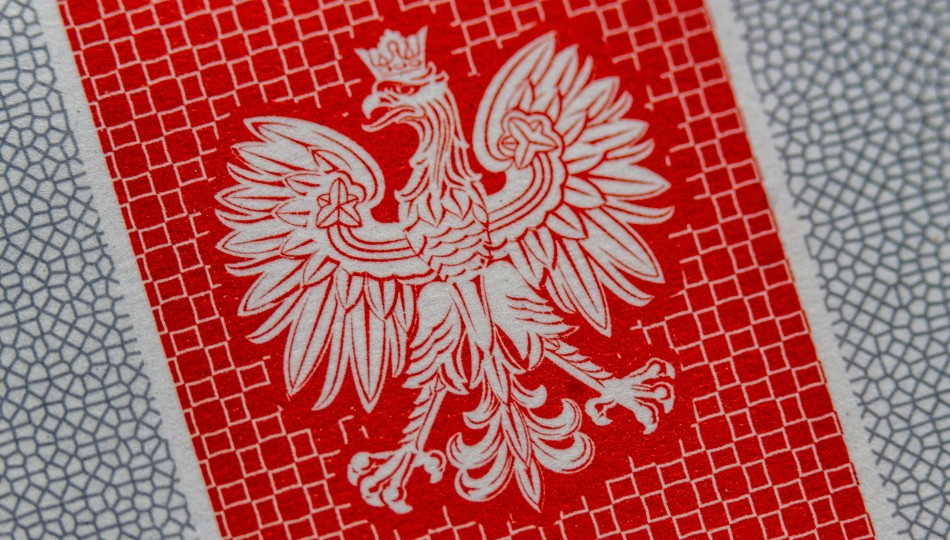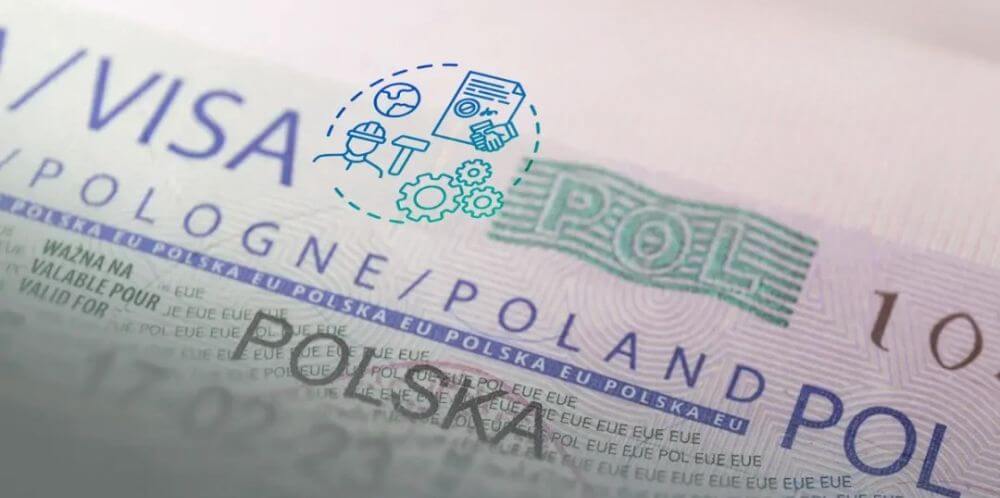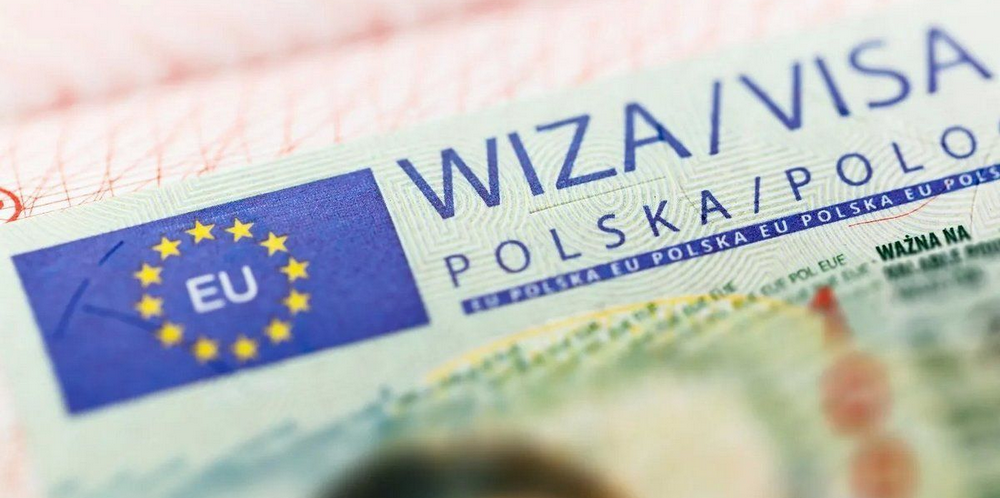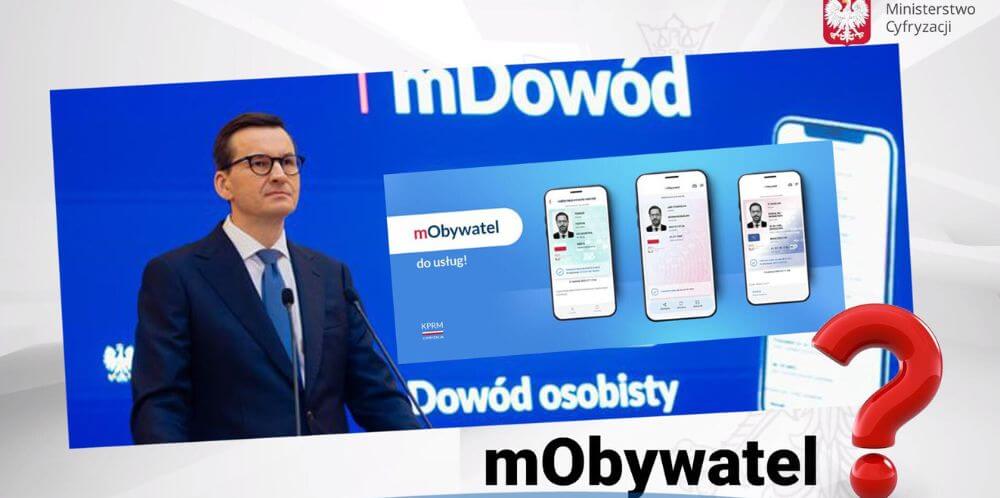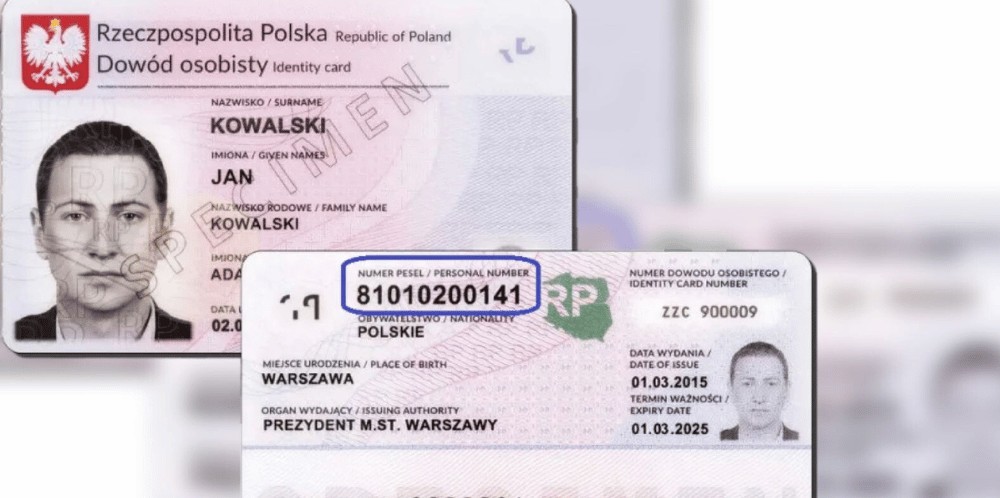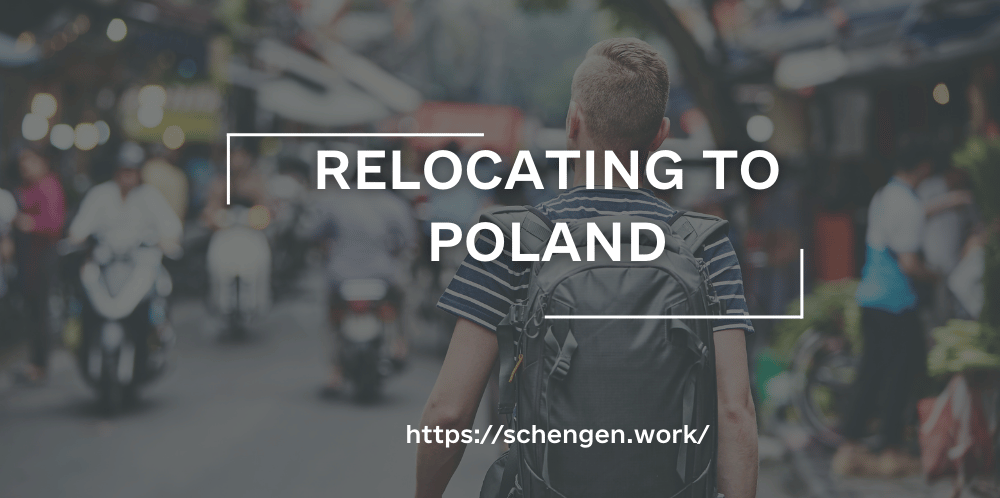Prepare properly
Find the list of main questions asked during an interview at the Embassy, and think of your answers in advance.
-
Come in time
Avoid being late. It is better to check the Embassy address, find it on the map and choose the best route.
-
Be polite
Courteous greeting at the beginning of the conversation, nice smile and a willingness to cooperate always make a good impression. You manner should be open, but do not behave too carelessly or defiantly – remember that this conversation is official.
-
Pay attention to your look
Leave extravagant clothes and bright accessories at home, make-up should be natural as well. On the other hand, do not choose too strict and solemn style. You look should be simple, neat and respectable.
-
Give clear answers
They must not be too short – your task is to demonstrate free and fluent speech. But do not bump into arguments; answer clearly and to the point. You can ask counter questions if you have them, but not too many. Remember that it is YOU being interviewed.
Do no leave any reason for officer to refuse your visa.
- Understand the process well (accurate information and knowledge is half battle win)
- Provide complete and truthful information
- All questions in application form must be answered in correctly
Indicate your current address and not the permanent address on the visa application form
Consulate might ask for return air tickets, medical insurance etc. Tell them those things will be done after the visa is approved
Complete the Visa application form neatly. In case of error, ask for another form. Do not overwrite
Visitor needs to understand the procedure and each document to be submitted
Upon receiving your visa, carefully check for any kind of mistakes like name, date of birth, type of visa, validity date, etc
THAT’S IMPORTANT:
→ TIES TO HOME COUNTRY
All applicants for nonimmigrant visas are viewed as intending immigrants until they can convince the consular officer that they are not. You must therefore be able to show that you have reasons for returning to your home country that are stronger than those for remaining in Ukraine.
“Ties” to your home country are the things that bind you to your hometown, homeland, or current place of residence (i.e., job, family, financial prospects that you own or will inherit, investments, etc.)
If you are a prospective student, the interviewing officer may ask about your specific intentions or promise of future employment, family or other relationships, educational objectives, grades, long-long range plans, and career prospects in your home country. Each person’s situation is different, of course, and there is no magic explanation or single document, certificate, or letter, which can guarantee visa issuance.
→ MAINTAIN A POSITIVE ATTITUDE
Do not engage the consular officer in an argument. If you are denied visa, ask the officer for a list of documents he or she would suggest you bring in order to overcome the refusal, and try to get the reason you were denied in writing.
→ NOT ALL COUNTRIES ARE EQUAL
Applicants from countries suffering economic problems or from countries where many visitors have remained in Ukraine as immigrants will have more difficulty getting visas. Statistically, applicants from those countries are more likely to be asked about job opportunities at home, ties, financing etc.
The first thing for you to remember before you open the embassy door is to stay calm and focused on the things you are going to speak about. Nervousness won’t be your best friend in this situation and for sure won’t help to make a great first impression.




